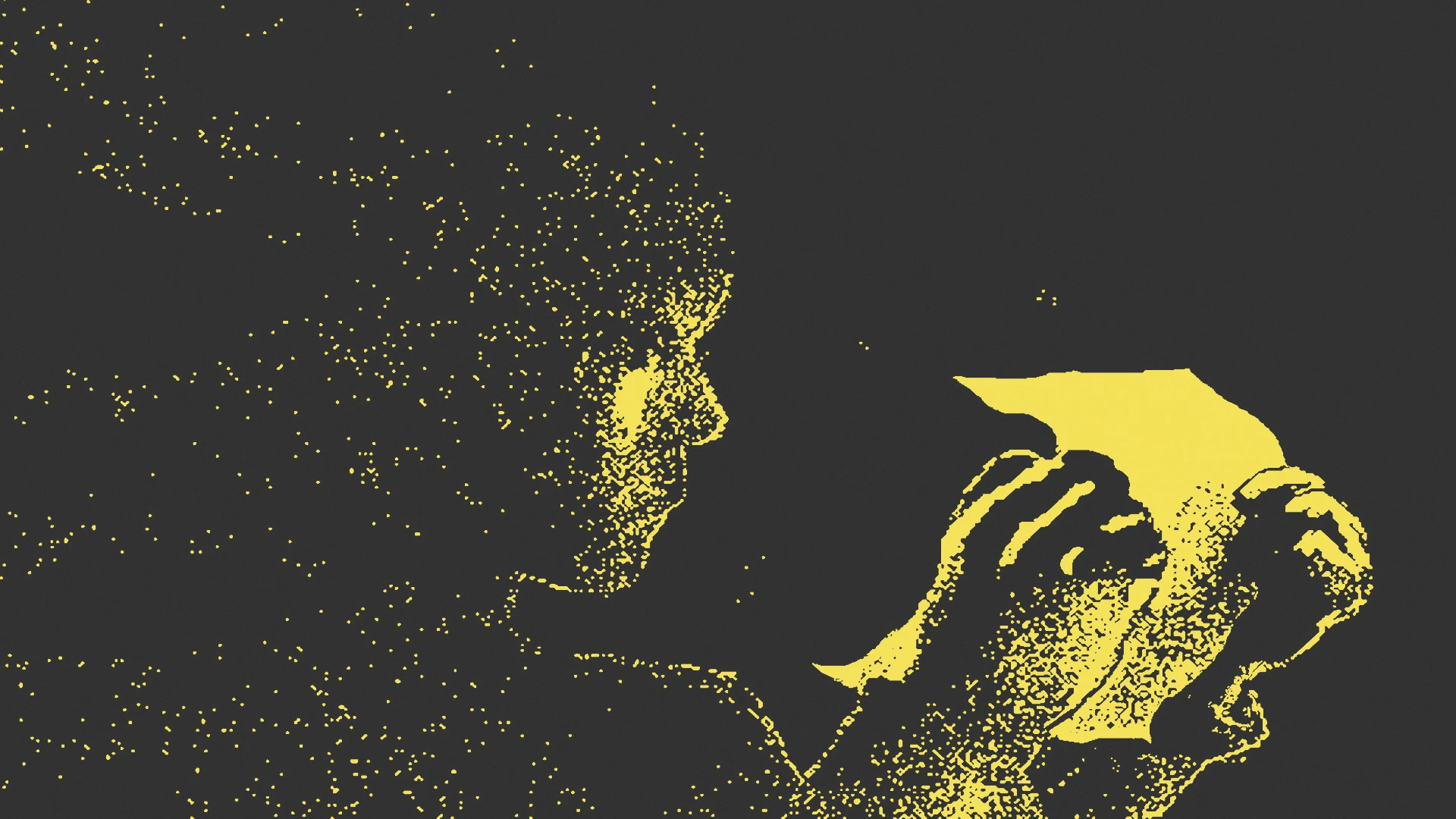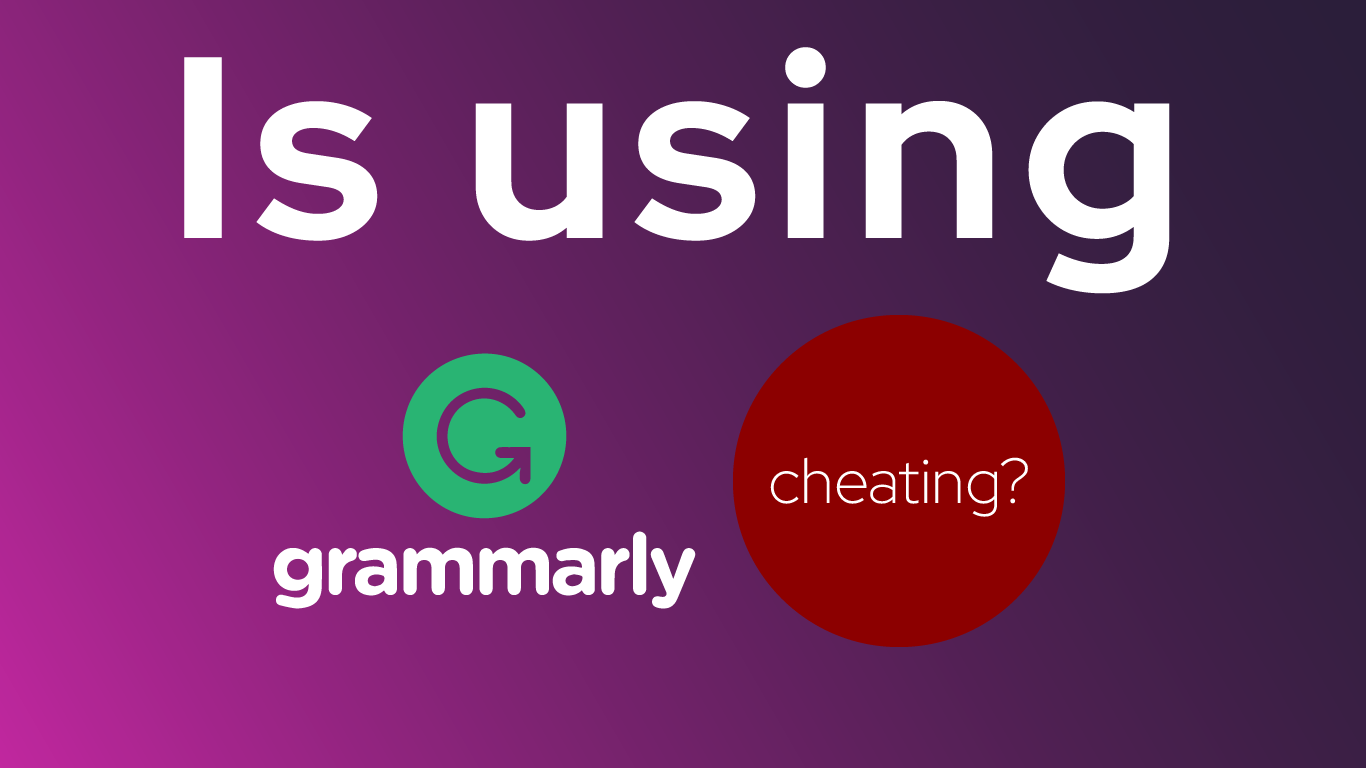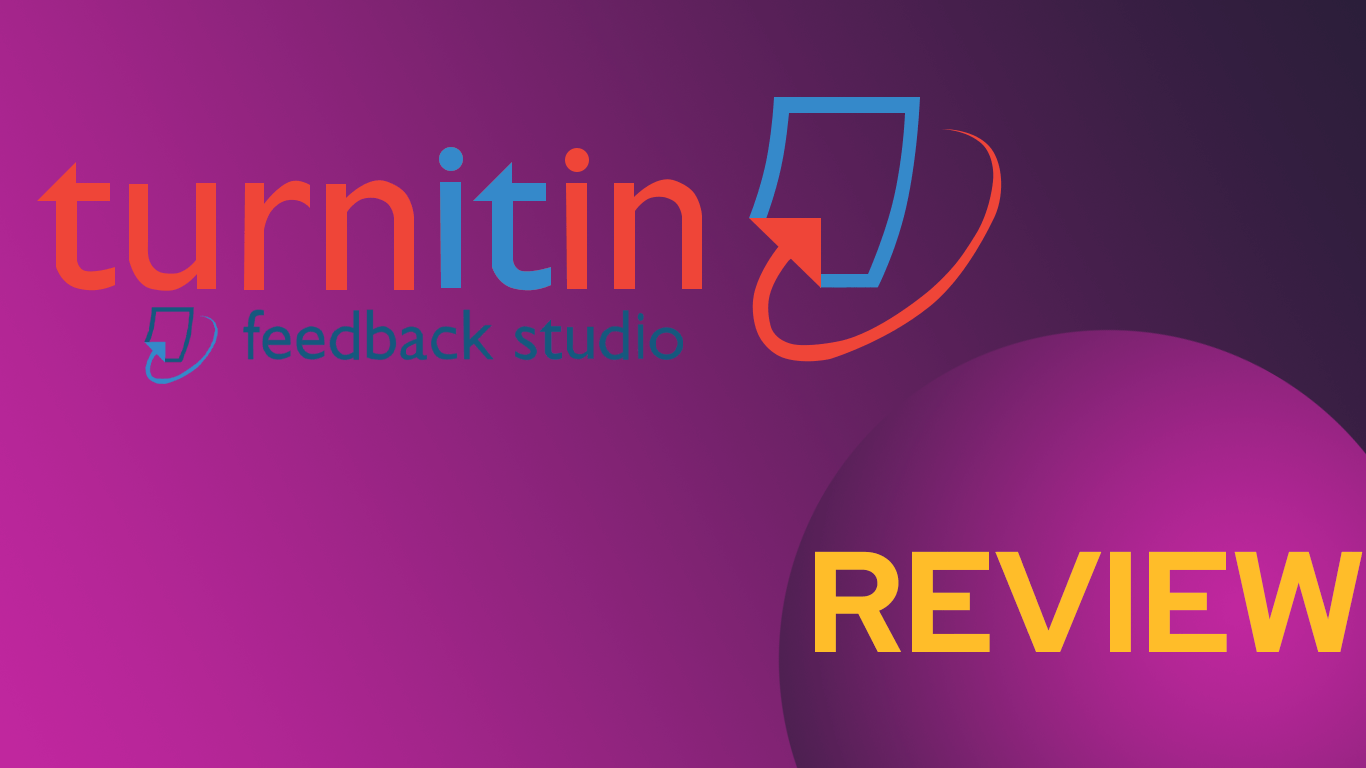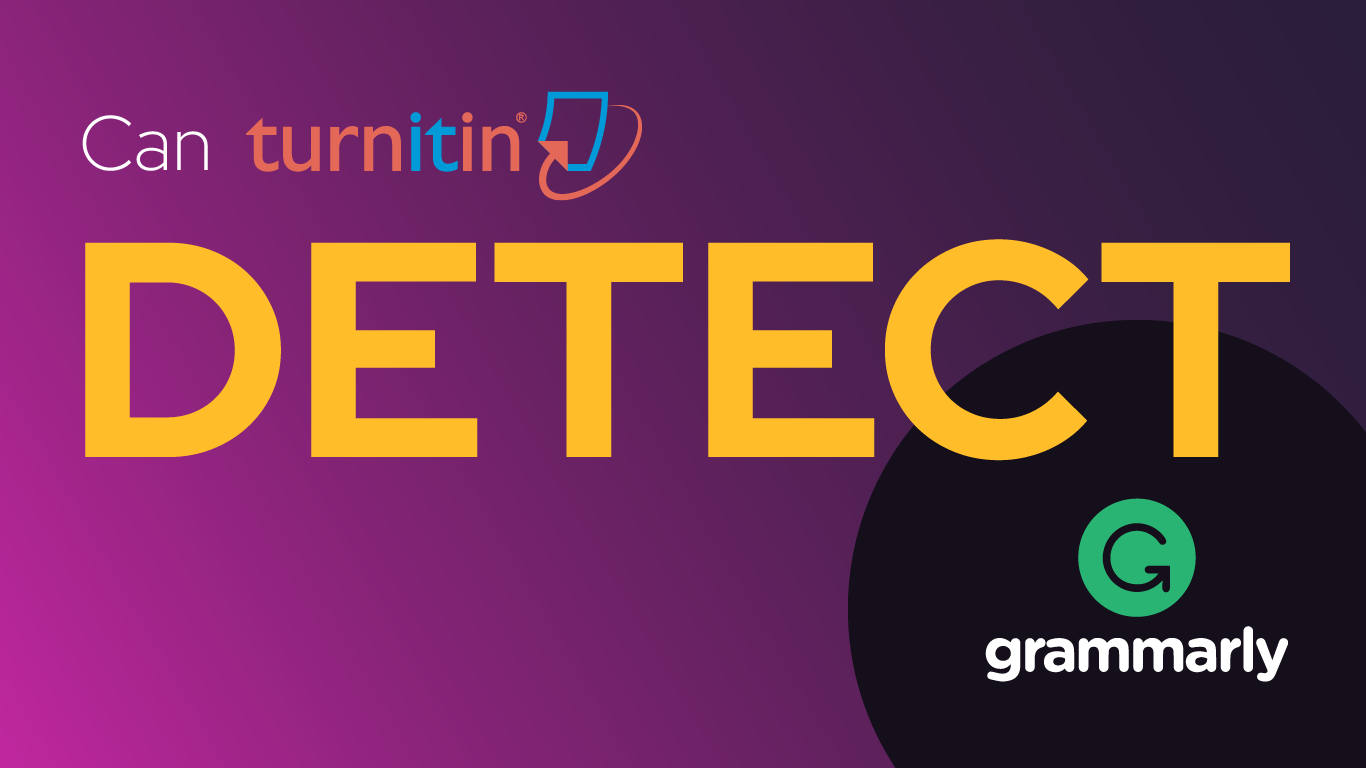No, using Grammarly isn’t cheating, it only corrects your mistakes, it is perfectly fine to use grammarly. The use of Grammarly and similar tools in academic and professional writing has generated significant debate about whether it constitutes cheating. This discussion is particularly relevant in academic settings, where the originality and integrity of a student’s work are paramount. In this article, we explore different perspectives on this issue and consider the implications of using tools like Grammarly and Netus AI for writing assistance.
Cheating and Grammarly
Many universities have guidelines on what constitutes academic dishonesty, but the use of Grammarly for proofreading and editing often falls into a gray area. Several Reddit users have shared that their universities encourage the use of Grammarly by offering premium versions for free to graduate students. This suggests that these institutions do not consider the use of Grammarly as cheating, provided the work remains the student’s own. For example, one Reddit user noted, “My thesis office wouldn’t accept manuscripts that hadn’t been run through it,” indicating institutional endorsement of such tools.

Grammarly – Enhances, Not Replaces Your Written Work
A common sentiment among users is that Grammarly does not change the substance of the material but merely improves clarity and grammar. One user pointed out, “Using Grammarly is no different than having a friend proofread your paper for clarity.” Another echoed this by saying, “As long as the work is your own, and the writing was done by you, this is the same as having an editor.”
However, the use of Grammarly can be seen differently when it comes to its generative AI features. Some academic institutions are wary of Grammarly’s generative capabilities, which go beyond basic grammar and spelling checks. These advanced features can lead to accusations of academic dishonesty if they significantly alter the original text or suggest substantial rephrasing that changes the meaning.
Grammarly in Professional Writing
Outside of academia, Grammarly is largely viewed as a beneficial tool for writers. It helps catch errors and improve the overall quality of writing. On Quora, one user emphasized that “Grammarly is a writer’s tool,” comparing it to a calculator in math—it assists but does not do the work for you. This analogy resonates with many, as Grammarly helps with editing and refining text rather than generating content.

Creative Writing and Limitations
For creative writers, Grammarly can be a double-edged sword. While it helps catch errors that might be overlooked, it can also stifle creativity by enforcing rigid grammatical rules. As one writer shared, “Grammarly thinks you ought to sound like Mr. Spock… it trains you to write bland, uninteresting sentences.” This highlights a significant limitation: while Grammarly is effective for formal writing, it may not always be suitable for creative endeavors where voice and style are crucial.
How Netus AI Can Be Used To Your Advantage
Emerging Technologies and Writing
Like Grammarly, Netus AI is another tool designed to assist writers by enhancing clarity and suggesting improvements. Netus AI, however, takes a slightly different approach by focusing more on the context and intent behind the writing. This can be particularly useful in academic and professional settings where the tone and precision of language are critical.
Comparing Grammarly and Netus AI
Both Grammarly and Netus AI use advanced algorithms to help writers, but they serve different purposes. While Grammarly is primarily focused on grammar and spelling, Netus AI provides deeper insights into the structure and flow of the text. This makes Netus AI a valuable tool for those looking to Rewrite AI Text without altering the core content.
Should Students Stop Using GrammarlyAs it May Lead To Cheating Accusations?
Some time ago, A student who was falsly accused of cheating had a strong word of caution for her fellow students: If your work is being submitted through Turnitin, you need to delete Grammarly.
According to Stevens, she wrote a paper for a class and received a zero on it. The reason, she claims, is that she used Grammarly to help check for grammar and spelling on the paper, which the school considered to be using AI.
She said Grammarly did not write any portion of the paper and that she tried to protest the decision to her teacher, the department head, and the dean, all of whom said she was “unintentionally cheating” with Grammarly.
As such, she advises anyone who is submitting papers that will be put through Turnitin to delete Grammarly to ensure that they don’t fail a class.
It’s a simple, if blunt, recommendation. But is it justified? The answer is surprisingly complicated.
How Does Grammarly Work?
To be clear, we only have one side of the story at this time. We have not heard anything from the school. So we do not know how they concluded the paper was the product of cheating. Instead, we just have the student’s understanding of their view, which might not be complete or accurate.
That said, the situation is not wholly implausible. While, most likely, situations such as this are rare, the current climate is primed for these kinds of disputes over authorship in academic work. This is for two reasons.
First, schools have been slow in drafting and implementing policies around AI. There’s precious little guidance on what uses of generative AI are permitted versus not permitted. There’s also little understanding of how those rules will be enforced, a problem exacerbated by relatively ineffective detection of AI-generated content.
Second, Grammarly is an extraordinarily popular grammar and spell-checking service that has also leaned heavily into AI-based services. Currently, Grammarly offers AI-generated writing, rewriting/paraphrasing, and idea generation.
Though similar services, such as LanguageTool, have some AI features, Grammarly has been exceptionally aggressive about adding them to their service, including for free users.
This has made many educators wary of Grammarly, as many see it as a tool that makes it easy for students to cheat, under the guise of being a grammar and spelling checker. Grammarly, for their part, hasn’t helped greatly with this. Though they have a feature to quickly cite the use of generative AI, they don’t explain to the user that the features may run afoul of academic integrity standards or fail to complete the assignment, even if the use of AI is acknowledged.
In fact, as Stevens’ case showed, there’s a concern that students might cheat unintentionally, assuming that everything Grammarly does is acceptable to use in a school paper, even if it isn’t.
But is deleting Grammarly the correct response To A Cheating Accusation? Probably not.
The problem with Grammarly is that it’s not a single tool with a single function. Though its core may still be grammar and spell checking, it has tools that check for clarity, tone, and missed citations among other elements.
These features were gleaned by studying other writing, in a manner very similar to how generative AIs are trained. They can also drastically rewrite short passages of a paper, making the work different from what the human author originally wrote.
However, with the introduction of AI features, Grammarly now generates text, rewrites/paraphrases text, and helps generate ideas beyond what even their earlier tools could do.
The result is that Grammarly’s features, and AI in general, are that there is a spectrum of writing from “Fully human with minimal grammar/spelling assistance” to “Fully written by an AI.” Somewhere along that spectrum is a line where the paper is no longer enough human authorship to count for the purpose of the assignment.
However, where that line lies is a topic very much up for debate. Educators and schools do not agree on where that line is and are trying to find a balance between ensuring the integrity of their assessments and enjoying the benefits that AI can bring to the classroom.
It’s easy for a student, when using Grammarly, to enter that gray area and even cross the line without realizing that they’re doing anything against the rules. Though cases of accidentally violating academic integrity rules are rare, this is a way, at least in theory, that it could happen.
To Remove or to Not Remove
So the question remains: Should students stop using Grammarly?
Ideally, no.
If you are a student, it’s easy to understand the temptation to read this article, and want to stop using AI to protect yourself. However, there are several problems with doing that.
First, it doesn’t eliminate the problem, at least not completely. As we’ve seen before, AI detection is still a new space and students need to be prepared to show that their work isn’t AI-generated, even if they don’t use Grammarly or a competitor.
This means making sure you write in an application that preserves version history, such as Google Docs or Microsoft Word, keeping good notes through the writing process, and being able to show that you are knowledgeable about the subject

Second, there are real benefits to having automated spelling and grammar checking. While there are competitors out there, such as ProWritingAid, Writer, and Ginger, they all have introduced AI elements into their products. As such, the same issues arise again.
Finally, the real long-term solution is for schools to determine what the boundaries are and to express them clearly to students. While students can’t force schools to hurry up and craft these policies, they can do the next best thing: Talk with their instructors.
If you are unsure if and how you are allowed to use a writing tool, like Grammarly, the best thing to do is speak with your teachers and understand their expectations. If they view any use of Grammarly (or a similar product) as cheating, then don’t use it. On the other hand, if they say it’s fine but only for certain tools, then only use those tools.
Your teachers are the ultimate arbiter of what is and is not allowed in their class. You should never be afraid to speak with them about these issues BEFORE working on an assignment. It’s the only way to get complete certainty in what tools are and are not allowed on that particular task.
Netus AI: A Quick Solution
Netus AI is an innovative tool designed to support ethical writing practices. Unlike some AI tools that might cross into the territory of generating or substantially rewriting content, Netus AI focuses on helping students and professionals enhance their writing without compromising academic integrity. It offers suggestions based on the context and tone of the writing, ensuring that the final output remains true to the author’s original intent.
By using Netus AI, students can confidently improve their writing clarity and structure, knowing that the tool is designed to support, not replace, their writing efforts. This makes Netus AI a valuable resource for those who wish to use technology ethically in their academic and professional work.



